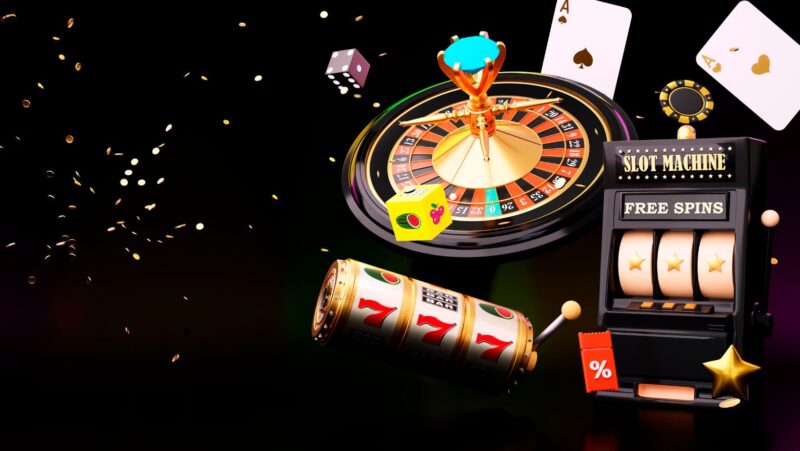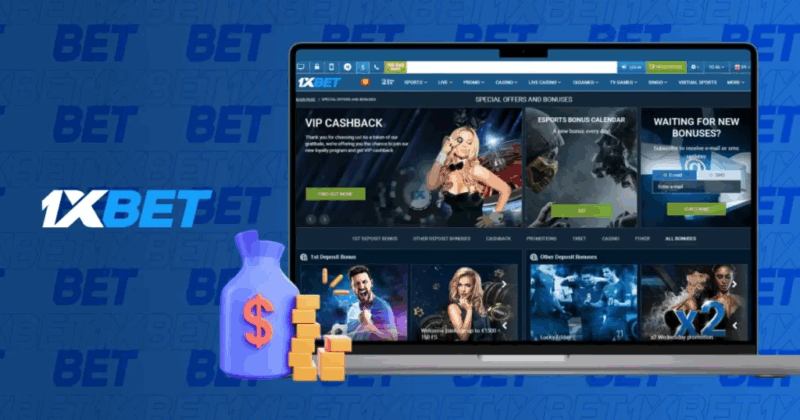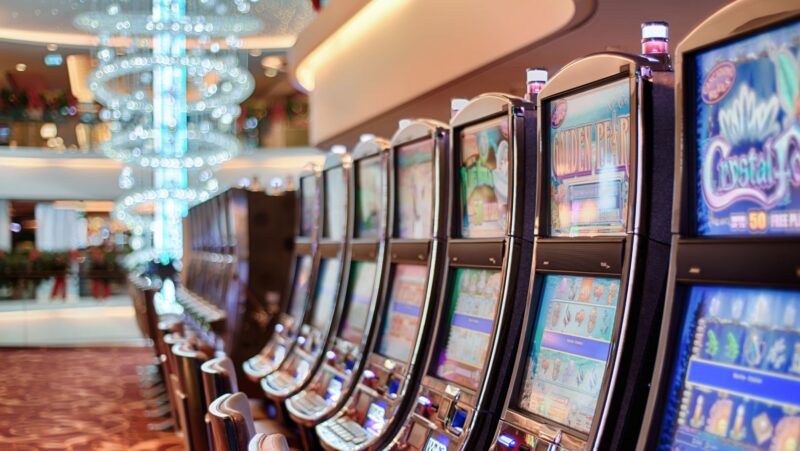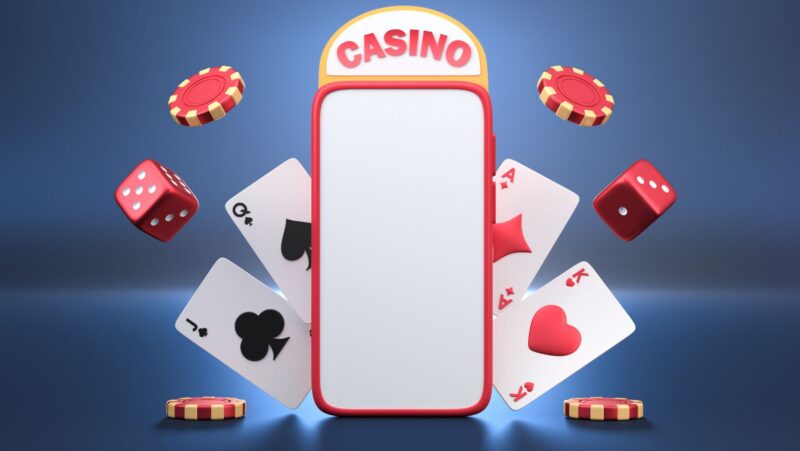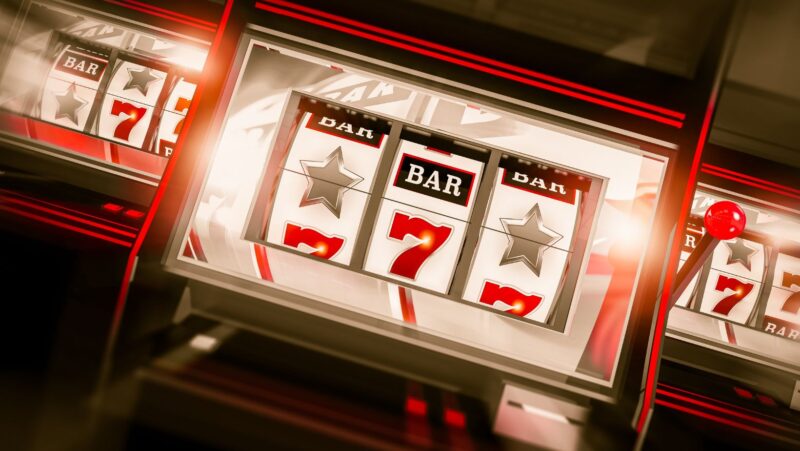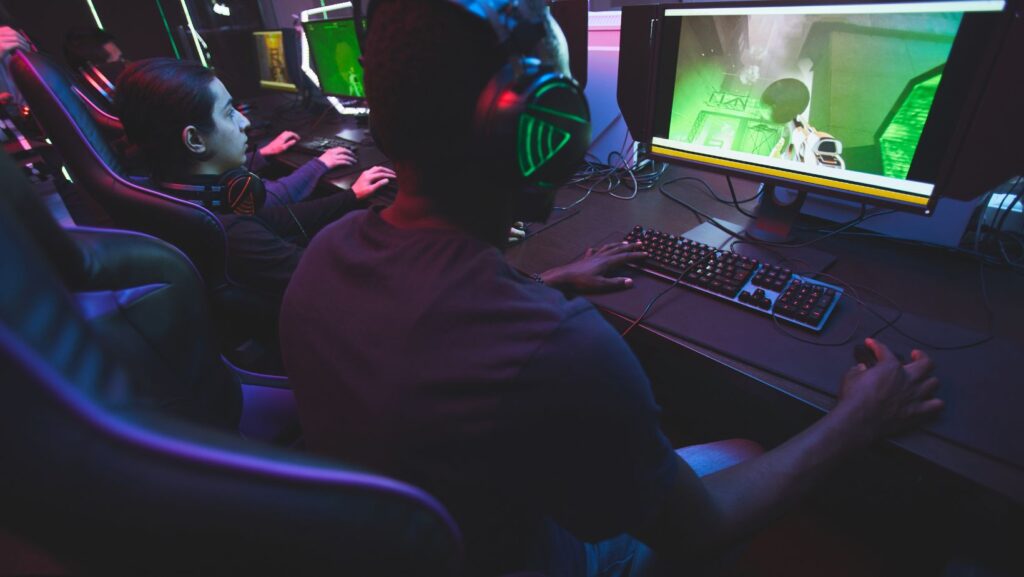
Social gaming’s ascent has transformed gaming into an interactive and community-focused landscape. Social gaming focuses on cooperation and shared experiences rather than the individual or competitive models typical of traditional video games. Social gaming platforms enable players to easily connect with other gamers and create alliances while participating in multiplayer experiences designed for social interaction.
The gaming industry has evolved from solitary entertainment to a socially rich experience during the past ten years. The addition of social elements like live voice and text chat alongside player-generated content and social activities within games has ushered in a new phase where gaming purposes extend beyond victory to fostering relationships and establishing communities. If you want to join the growing social gaming train, this article is a great starting point to learn what you’ve been missing.
Social gaming achieves success through its incorporation of social platforms into the gaming experience. Titles like Fortnite and Call of Duty: Warzone let players connect and invite their friends through Discord and Xbox Live, which provides seamless social experiences. The popularity of gaming communities has increased because players now connect through gameplay and external platforms, including forums and live streaming services like Twitch and YouTube.
Social gaming effects reach past the limits of interactions that occur inside games. Online culture now includes gaming as a significant element that shapes the way people listen to music dress themselves, and communicate with each other.
The integration of popular culture into social gaming, with none bigger than social media, is demonstrated by in-game virtual concerts like Travis Scott’s Fortnite event, which drew well over 10 million players in 2020.
The rise of sweepstakes and casual games has become a fundamental element in the growing popularity of social gaming. Players find entertainment through these platforms that offer low-stakes gaming with high-reward possibilities rather than intense competition. Playing alongside friends or engaging in social activities inside the game enhances enjoyment while building a sense of community and collective purpose.
The best way to bring social casino players together is with daily leaderboard contests. Usually, every day, the top sweepstakes casinos offer slot game tournaments with millions of Gold Coins at stake. Besides offering the thrill of a simulated jackpot win like playing at a real-money casino, players continue to bond and make new friends with other members.
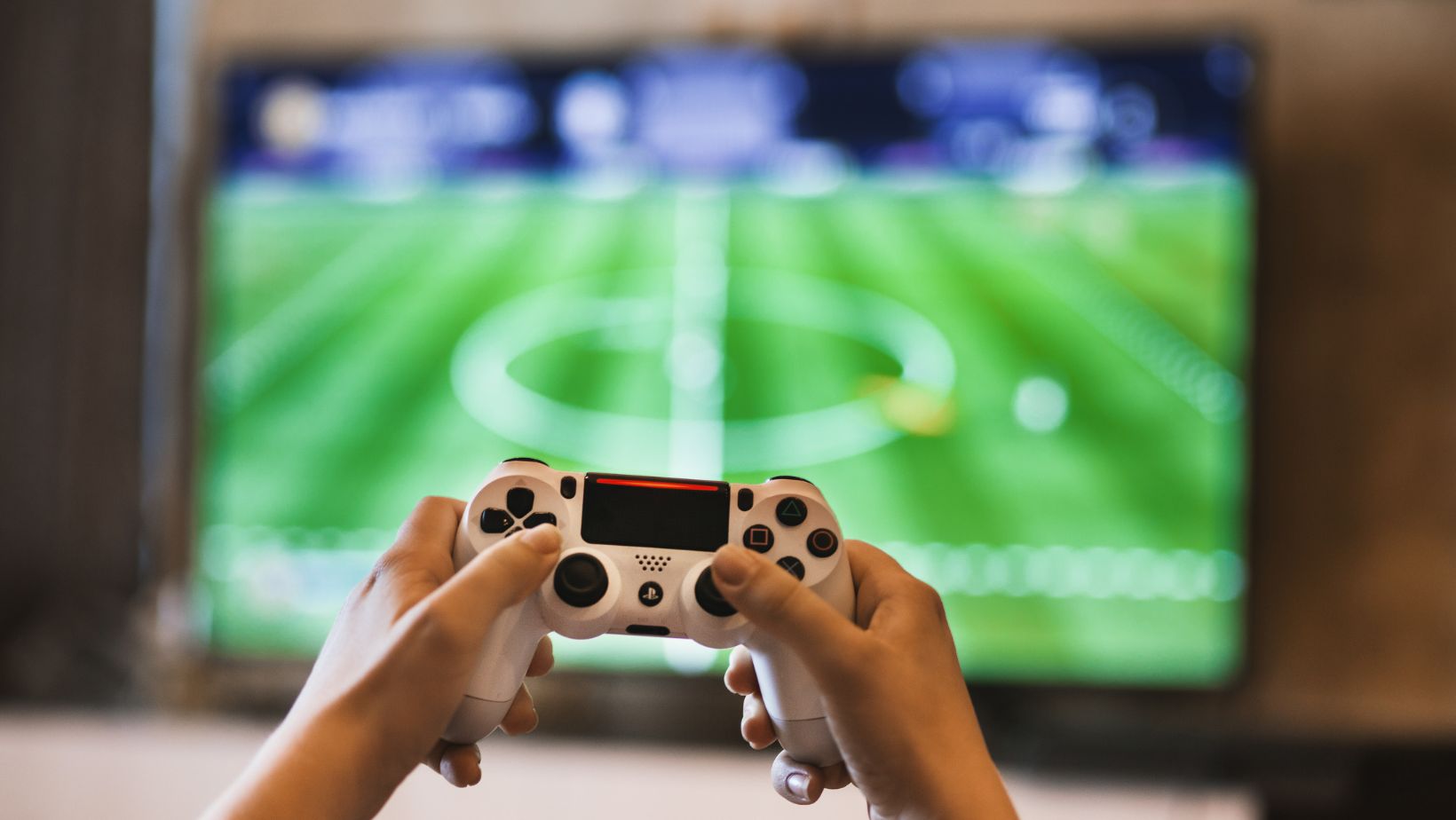
Games that offer sweepstakes prizes have become increasingly popular because they enable players to compete for tangible rewards without needing any initial financial commitment. The appeal of these games extends to diverse audiences through their combination of reward-based excitement and multiplayer social experiences. With the finest sweepstakes casino no deposit offers, social casinos continue to be the fastest growing iGaming section because new members can get up to a million free Gold Coins like Spree and a good amount of Sweepstakes Coins to start winning cash prizes.
The influence of social gaming extends deep into mental health outcomes and social interaction patterns, showing both beneficial and detrimental effects. Gaming serves as a way to connect socially and helps those who find real-life social interactions challenging. Gaming communities act as support networks for numerous players, which helps decrease their feelings of loneliness and isolation.
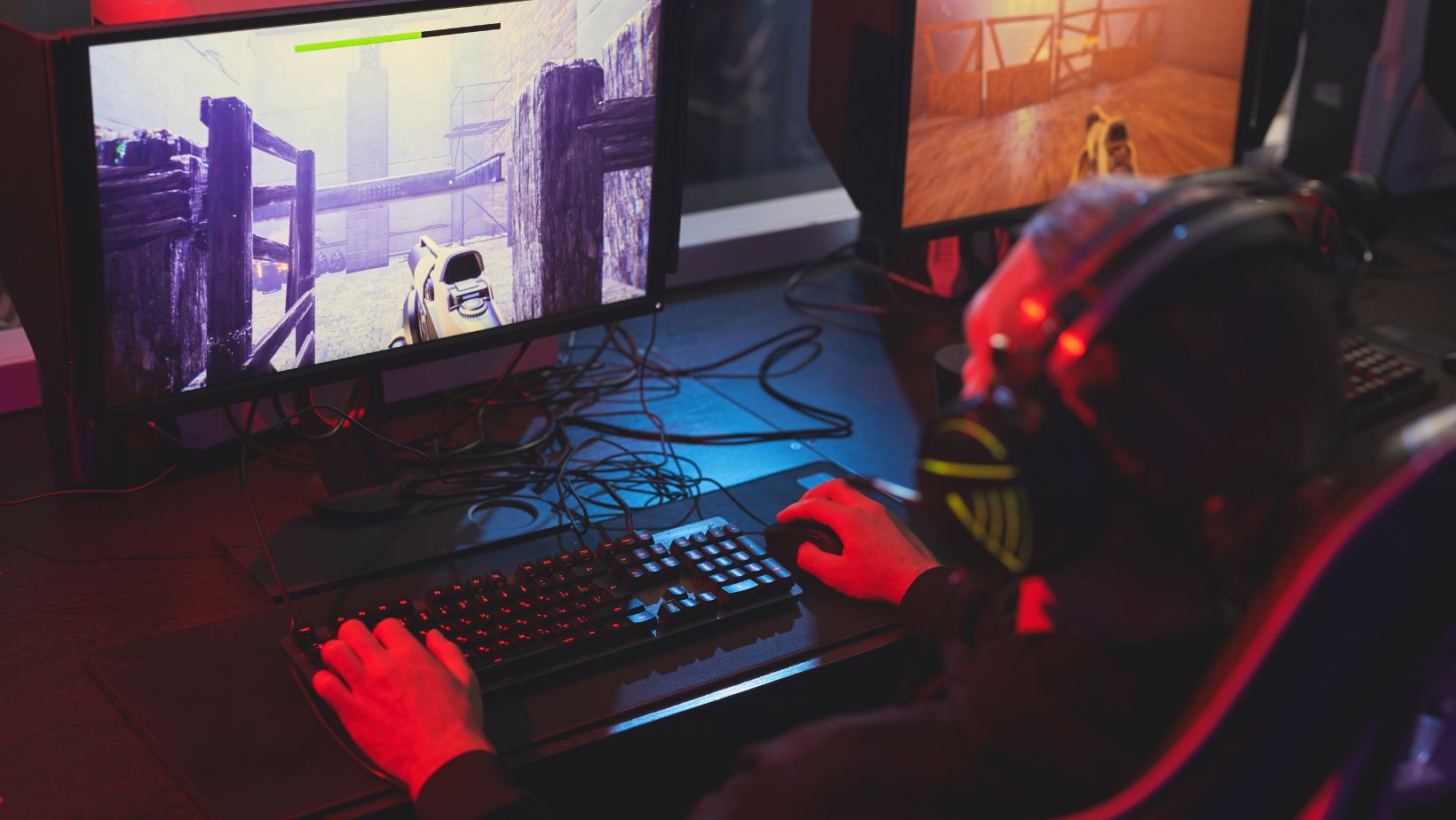
Multiplayer games that involve teamwork and communication enable players to develop essential social abilities, including solving conflicts and strategic planning while learning leadership. The addictive properties of social gaming present worries about its negative effects on mental health. The use of reward-based mechanics combined with social validation in games leads to addictive behavior patterns and prolonged screen time usage.
Social settings and gaming status maintenance demands can create stress and anxiety for players. Both gaming communities and developers face a persistent challenge when balancing social gaming advantages with responsible gaming practices.


